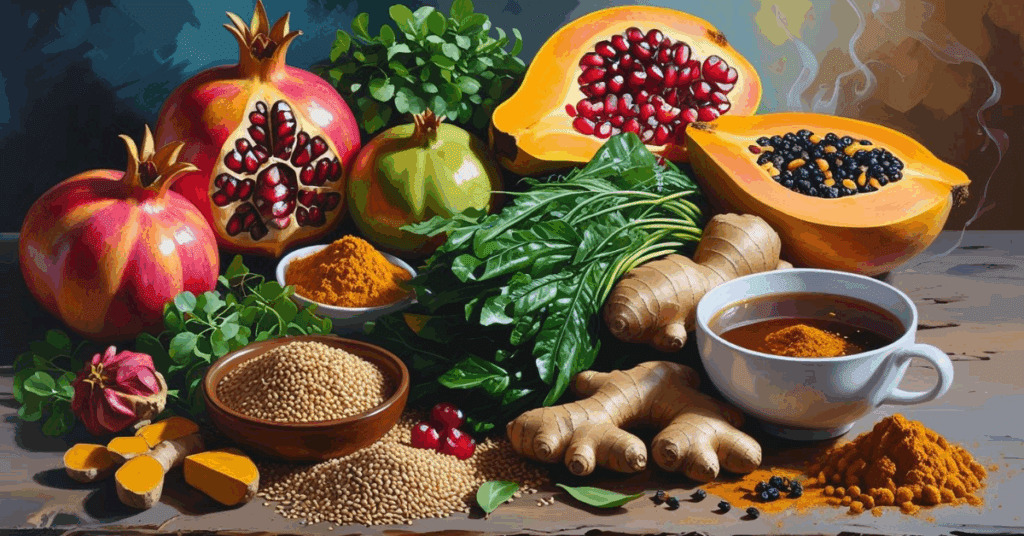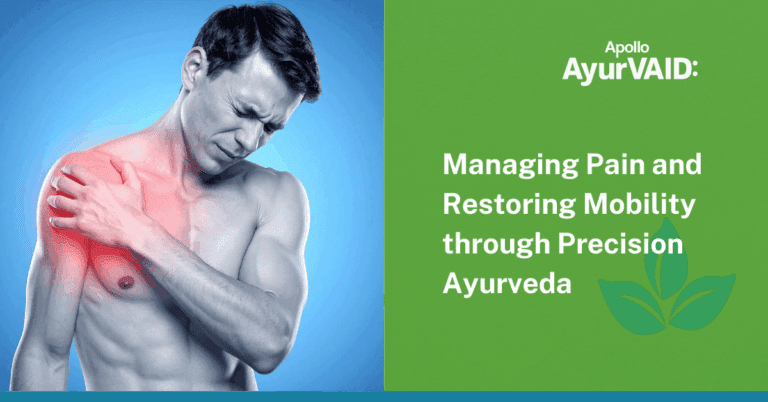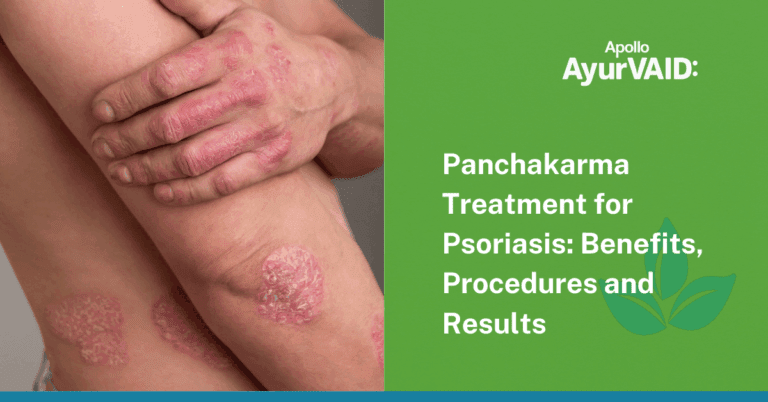Cancer alters not just the physiology of the body; it often shakes the foundation of everyday life. Nutrition, usually taken for granted, becomes complicated. Appetite dwindles. Familiar foods become intolerable. And yet, the body is fighting its hardest battle. This is where onco-nutrition, the science of personalised dietary management of cancer, during and after treatment, becomes not just important, but an important part of the recovery process.
There’s growing evidence about the role of diet and cancer prevention, where food influences inflammation and the tumour environment. Managing cancer isn’t just about treatments—it’s also about oncology nutrition, lifestyle, and emotional balance. It’s also about helping the person feel whole again. The body, mind, appetite, energy; everything is affected. Healing needs more than medication.
AyurVAID’s Integrative Cancer Care (ICC) is firmly rooted in this understanding. It doesn’t try to “fight” the body; it works with the body. By combining evidence-based Ayurveda with ongoing cancer treatments, the programme sees beyond a diagnosis. Oncology nutrition, daily routine, therapies, and emotional wellness are all treated as an entity. The tailored cancer diet plan and therapies not only support the body through difficult treatments but also help to avoid complications and support long-term recovery. It aims to manage side effects, rebuild strength, and reduce the risk of recurrence without adding any more burden.

Why Oncology Nutrition Matters in Cancer Care
Without adequate nutrition for cancer patients, healing slows, side effects worsen, and immunity declines. Cancer treatments can throw the body off balance. Digestion slows down, appetite changes, and the usual foods might suddenly feel too heavy or just unappealing. It’s not just about eating less; it’s that the body isn’t processing what it does get. And that matters. Because without enough nourishment, healing gets harder. Most people going through cancer end up facing some level of malnutrition, often without realising it. And that can quietly affect how well treatments work, and how the body copes overall.
But malnutrition isn’t always about not eating enough. It’s also about imbalances: overnutrition and undernutrition can both create inflammation and make the body more vulnerable. That’s why dietary management of cancer is so important and needs to be continuously adapted to the body’s condition.
Every patient receives a personalised cancer diet plan at AyurVAID, designed to support treatment and reduce side effects. What’s their Dosha? How far has their disease progressed? What treatments are they undergoing? What’s their emotional and digestive state? This level of detail leads to a customised cancer diet plan; something practical and nourishing, not rigid or difficult to follow. At AyurVAID, dietary management of cancer is customised to each patient’s Dosha, digestive strength, and treatment stage.
A Healing Plate: What the Cancer Diet Can Look Like
Here’s how the approach to diet in cancer often looks:
- When digestive strength is low, warm and easy-to-digest foods are encouraged
- Bitter and astringent tastes are used to reduce inflammation
- Incompatible combinations (viruddha ahara), like milk with salty or sour foods, are avoided to prevent toxin buildup
Cancer-Fighting Foods List
A cancer-fighting foods list isn’t about superfoods; it’s about seasonal, fresh, and easily digestible items. There’s no universal cancer-fighting foods list, but there are some guiding principles:
- Fresh, seasonal fruits and vegetables like pomegranate, papaya, bitter greens, and berries support the immune system
- Whole grains such as millets and red rice provide stable energy without glycemic spikes
- Spices like turmeric, cumin, and ginger help reduce inflammation and aid digestion
- Warm, spiced water (e.g., with jeera or coriander) supports detox and gut function
- Small, frequent meals help manage low appetite, nausea, or fatigue
Nutrition for cancer patients isn’t about trendy “superfoods.” It’s about knowing what your body can truly tolerate, absorb, and benefit from, day by day.
Foods to Avoid During Cancer Treatment
Knowing the foods to avoid during cancer is just as important as knowing what to eat. Modern advice often says “avoid sugar”—but Ayurveda goes deeper, looking at timing, combinations, and energy of food. Here is a list of foods to avoid:
- Cold, raw foods that reduce Agni
- Fermented, stale, or processed foods that disturb the Doshas
- Heavy animal proteins when the digestive capacity is weak
- Improper combinations (like fruits with dairy) generate Ama, which burdens the system
- Avoid foods that are high in salts, sugar and pickled vegetables.
- Avoid improperly stored grains and nuts, as they might be contaminated with aflatoxin
- Don’t consume very hot foods and drinks
Recovery and Prevention: More Than Just Food
The phase after treatment is delicate. The body is still healing, both physically and emotionally. Alongside diet, lifestyle changes to prevent cancer, like daily routines, stress management, and gentle movement, play a vital role. Here’s where lifestyle changes to prevent cancer recurrence become vital.
At AyurVAID ICC, long-term recovery includes:
- Dinacharya (daily routines) to stabilise metabolism and circadian rhythm
- Gentle, tailored movement to rebuild strength
- Emotional support through therapy, meditation, and breathwork
- Targeted Panchakarma detox and rejuvenation, when the time is right
An Ayurveda-based cancer diet plan isn’t just about food groups or calories. It’s about building an internal environment where disease cannot flourish through balance, rhythm, and restoration.
A New Model: Integrative Onco-Nutrition
Integrative onco-nutrition doesn’t replace conventional treatments—it fills the gaps. It brings care to what is often overlooked: fatigue, appetite, anxiety, sleep, constipation, and long-term weakness.
With AyurVAID ICC, the body is supported to:
- Correct undernutrition and overnutrition
- Modify the tumour microenvironment to prevent further spread
- Balance metabolism to reduce inflammation and boost immunity
Final Thoughts
The best diet for cancer recovery is one that adapts to your body’s needs and supports long-term healing. It takes into account your body’s current needs, your treatment stage, and what you can comfortably digest and absorb. Recovery is supported not just by food, but by a consistent routine, emotional balance, and sustainable lifestyle habits.
Cancer care is never simple. But when it includes food, lifestyle, and empathy, it is more bearable and more human. This is what AyurVAID ICC provides: support that is clinical and personal.







